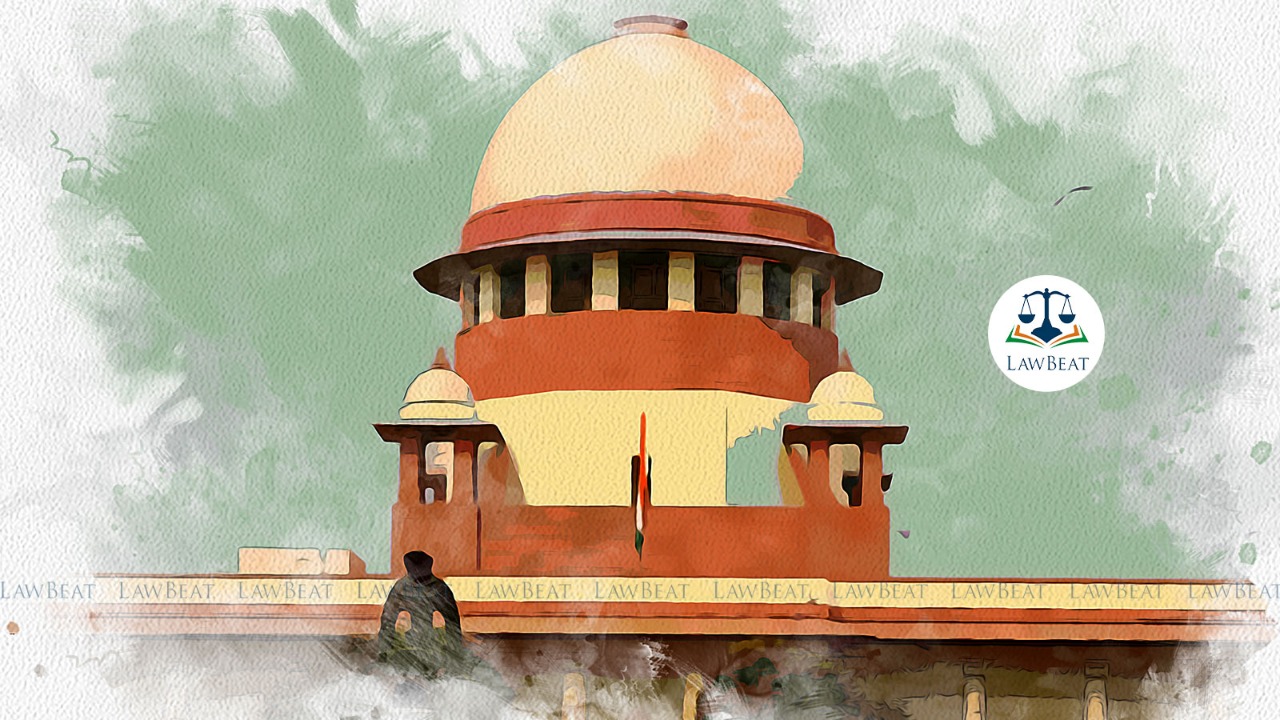Section 197 CrPC Doesn't Shield Every Act of Public Servants: SC

Court stressed that the object of sanction for prosecution under Section 197 CrPC is to protect a public servant discharging official duties and functions from undue harassment by initiation of frivolous criminal proceedings
The Supreme Court on January 17, 2024 emphasised that Section 197 Criminal Procedure Code, mandating sanction from the competent authority to prosecute a public servant does not extend its protective cover to every act or omission during the public servant's service.
A bench of Justices Abhay S Oka and Ujjal Bhuyan said that the provision is restricted only to those acts or omissions which are done by public servants in the discharge of official duties.
The court allowed an appeal filed by one Shadakshari against the Karnataka High Court's order of November 25, 2020 quashing a criminal complaint and the charge sheet filed against village accountant Mallikarjun for creating fake documents including death certificate for illegal gain to show that the land belonging to the complainant were owned by the other accused.
The court said the question of whether the respondent-accused was involved in fabricating official documents by misusing his official position as a public servant was a matter of trial.
"Certainly, a view can be taken that manufacturing of such documents or fabrication of records cannot be a part of the official duty of a public servant. If that be the position, the High Court was not justified in quashing the complaint as well as the chargesheet in its entirety, more so when there are two other accused persons, besides the respondent," the bench said.
The court also noted another aspect as the respondent had unsuccessfully challenged the complaint in an earlier proceeding under Section 482 CrPC.
"Though liberty was granted by the High Court to the respondent to challenge any adverse report if filed subsequent to the lodging of the complaint, instead of confining the challenge to the charge sheet, he also assailed the complaint as well which he could not have done," the bench said.
The bench, thus, held, "We are of the unhesitant view that the High Court had erred in quashing the complaint as well as the chargesheet in its entirety."
The high court had held that since sanction was refused, prosecution for criminal offence against a public servant could not continue.
In appeal, the counsel for the complainant submitted that no sanction to prosecute was required against the accused as making of a fake document could not be said to be carried out in the discharge of official duty. The state counsel also supported him.
The counsel for the respondent-accused defended the high court's order, saying that without due sanction, a public servant could not be prosecuted.
The bench said, "The ambit, scope and effect of Section 197 CrPC has received considerable attention of this court. It is not necessary to advert to and dilate on all such decisions. Suffice it to say that the object of such sanction for prosecution is to protect a public servant discharging official duties and functions from undue harassment by initiation of frivolous criminal proceedings."
Referring to 'Shambhoo Nath Misra Vs State of UP' (1997) and 'D Devaraja Vs Obais Sanders Hussain' (2020) and 'State of Orissa Vs Ganesh Chandra Jew' (2004), the bench said, "This court has been consistent in holding that Section 197 CrPC does not extend its protective cover to every act or omission of a public servant while in service. It is restricted to only those acts or omissions which are done by public servants in the discharge of official duties".
In the case, the court set aside the high court's order while clarifying that its decision should not be construed as an opinion on merit.
Case Title: Shadakshari Vs State of Karnataka & Anr
